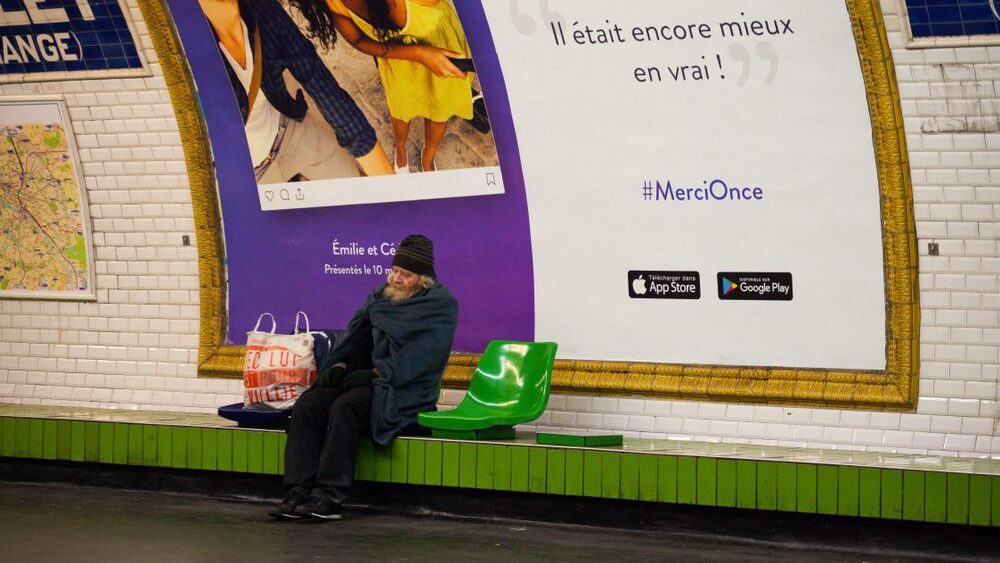If visitors to the 2024 Olympic Games in Paris are impressed by the lack of homelessness on the city’s streets, this will not be because the issue has been resolved. It is instead being brushed under the carpet—or, rather, shifted temporarily to nearby towns.
According to CNN, between 50 and 150 people have been carted out of the city every week during the summer, and removed to one of ten locations across France. Officials in these areas were asked earlier in the year to establish “temporary regional accommodation facilities.”
The demand has sparked tensions, with one official, Brunz Mayor Philippe Salmon, complaining that the government proposed a temporary site in an “unacceptable” location “polluted by hydrocarbons and heavy metals.” Homelessness charity Fédération des acteurs de la solidarité (FSA) added that there was a danger of “putting people on buses” and forgetting them.
Unsurprisingly, there are also concerns among Paris’ homeless population. One man from Ethiopia, described in international press as a political refugee, said: “We heard they were coming to take us today but I am not sure where to.”
The runup to the Olympics has not only seen those already on the streets driven away from the city, but also others, who had been in temporary accommodation, being forced out. FSA reported that, in 2022, there were approximately 50,000 people housed nightly in hotels in the Paris region; a figure that has already been slashed by at least 5,000, as hotels cancel their emergency housing contracts with the government to take advantage of the expected surge in tourism.
This whole saga sheds light not only on the poor handling of homelessness but also on the numbers involved in the first place. Recent reports suggest that close to one million people across Europe are homeless on any given night. Out of all these countries, France has the highest rate of people experiencing homelessness.
State and city officials have been working to create the impression that recent movements have not been related to the Olympics, despite plans having been in place for months. Paris Mayor Anne Hidalgo said the problem of housing these individuals was “totally unrelated to the Olympic Games,” adding that she has been seeking more help from the government for years.
But Paris is not the first city to have cleared its streets of “undesirables” ahead of the games; it is following in the footsteps of Beijing, Athens, London, and others. It is also unlikely to be the last.






